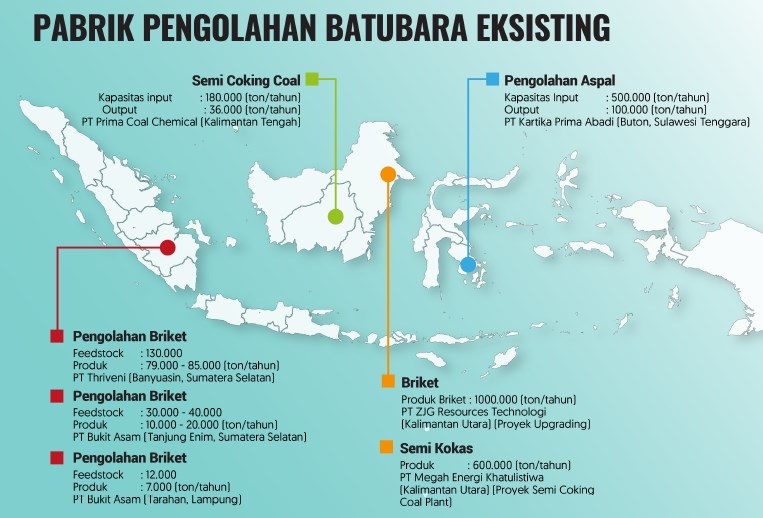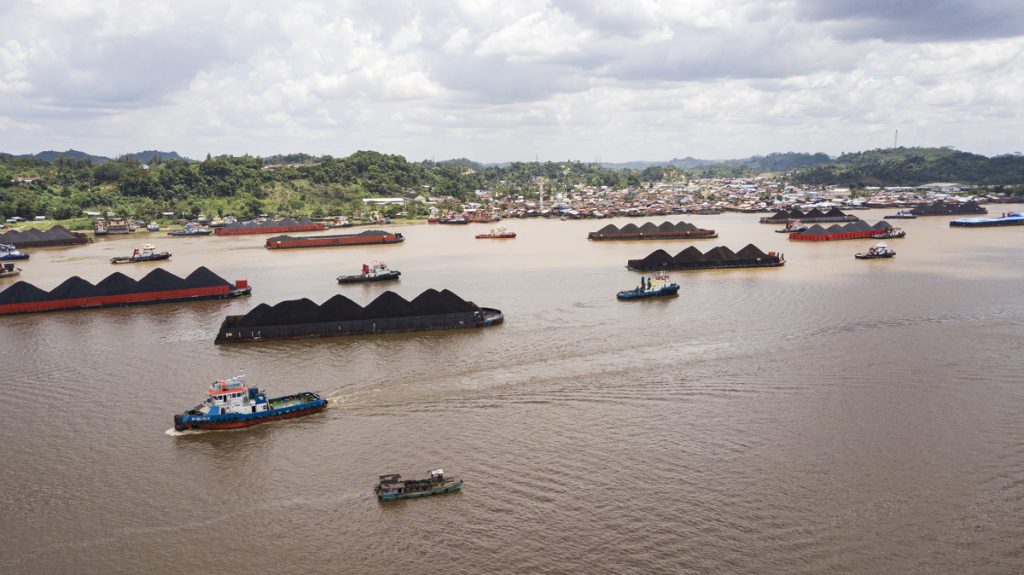Jakarta, Kompas: The benchmark coal price in Indonesia is affected by heating trade relations between China and Australia. The tension between the two countries is related to the investigation of the coronavirus’s origins, which is supported by the Australian side. In the April 2021 period, Indonesian coal’s price was set at 86.68 US dollars per ton, an increase compared to March at 84.49 US dollars per ton.
According to the Head of the Communications, Public Information Services and Cooperation Bureau at the Ministry of Energy and Mineral Resources (ESDM), Agung Pribadi, Australia has urged an international investigation into the origin of the coronavirus. It caused China to be furious and unofficially resulted in a ban on imports of Australian coal.
“This situation causes the demand for coal from Indonesia to increase. That is why the price of coal (April 2021) was slightly raised compared to the period last month, “said Agung when contacted in Jakarta, Tuesday (6/4/2021).
Meanwhile, according to the Indonesian Coal Mining Association (APBI) Executive Director Hendra Sinadia, the fundamental factors affecting coal prices are supply and demand. The supply of coal from Indonesia and Australia was disrupted by high rainfall and caused flooding in several mining areas, such as those in South Kalimantan and East Kalimantan.
“Besides, every March, there is usually an annual negotiation between coal suppliers from Australia and buyers in Japan, which causes coal prices to rise, especially for high-calorie types,” said Hendra.
It caused China to be furious and unofficially resulted in a ban on imports of Australian coal.

The composition of coal prices itself continued Hendra, is influenced by the Newcastle and GlobalCoal index coal prices, which are all 50 percent, and the remaining 50 percent is influenced by the Indonesia Coal Index and Platt’s. Regarding the energy transition to clean and renewable energy, he said this had not significantly impacted current coal prices.
As of April 6, 2021, Indonesia’s coal production has reached 142.24 million tons, or 25.86 percent of the production target of 550 million tons this year. The coal sales volume on the same date reached 102.6 million tons. This year’s domestic coal absorption is targeted at 25 percent of total production.
Previously, PT Bukit Asam Tbk, a state-owned coal mining company, planned to produce up to 50 million tons of coal per year. The company’s average coal production is less than 30 million tons per year. The plan to increase production is to increase the company’s revenue from coal sales.
According to the President Director of Bukit Asam Suryo Eko Hadianto, carrying out its strategic projects, such as gasification of coal into DME, requires significant capital. The company will raise funds, one of which, by relying on coal sales. Therefore, increasing the company’s coal production is one of the critical priorities for the new board of directors.
“To carry out the downstream coal program, significant funds are needed. Therefore, we will increase production to 50 million tons per year with what we call the Bukit Asam Emas program, “said Suryo after the general meeting of shareholders, which took place on Monday (5/4/2021).
Bukit Asam Business Development Director Fuad Iskandar added that this is very realistic for the company regarding the plan to increase production. According to him, Bukit Asam has the potential to raise coal production even higher. One of them is by increasing the capacity of coal transportation using the railroad mode.
It is feared that higher coal production will disturb the balance of the carrying capacity of the land.

However, it is deemed that the plan to increase production needs to be reviewed. Indonesia’s Publish What You Pay (PWYP) National Coordinator Aryanto Nugroho said the government should be consistent with limiting coal production to 400 million tons per year. Recently, the government seems to have continued to ramp up production while neglecting the production controls regulated in the National Energy General Plan. It is feared that higher coal production will disturb the balance of the carrying capacity of the land.
“The government must consistently limit the national coal production to 400 million tons per year. Besides, excessive coal production solely for export shows that Indonesia’s paradigm of natural resource management is still commodity-based, not as a driving force for the domestic economy, “said Aryanto.
Source: Kompas